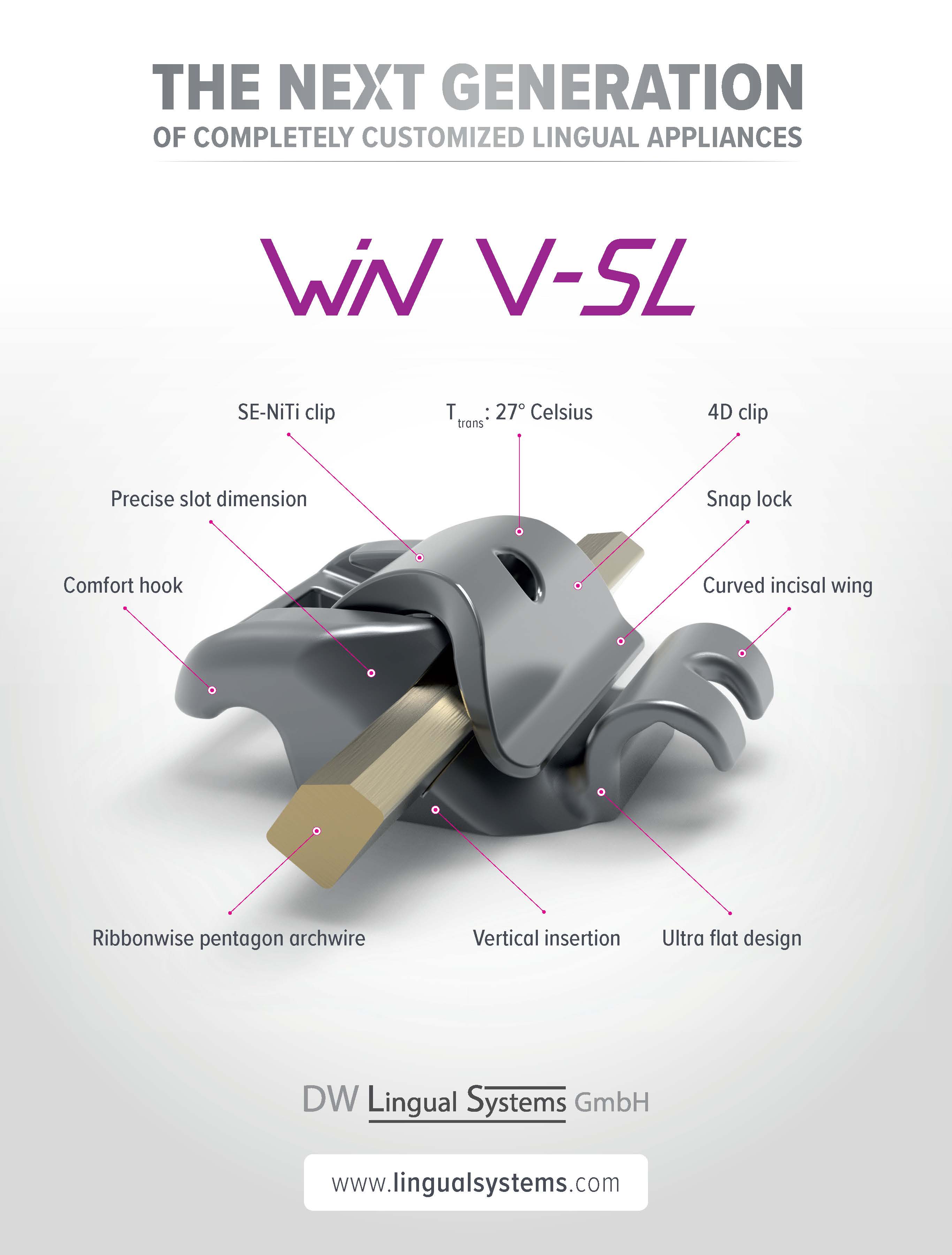The British Invasion was a cultural event of the mid-1960s, when rock-and-roll bands like the Beatles, the Rolling Stones, and the Who became wildly popular in the United States. Teenagers were sent into a frenzy by the rebellious mop-tops and their beat music. Today, orthodontics is experiencing its own sort of British Invasion, with the resurrection of John Mew’s contentious orthotropics philosophy through the promotion of airway-driven expansion in very young children.
Dr. Mew is a 95-year-old British orthodontist who remains a polarizing figure. He graduated from the University College London Dental Institute in 1953 and received a specialty degree in orthognathic surgery from Queen Victoria Hospital in 1956; he later returned to University College to study orthodontics. In 1983, he founded the London School of Facial Orthotropics, which is actually a small private dental office that hosts biweekly courses. Mew’s son, Mike, now teaches these courses.
The basic principle of orthotropics is that malocclusion is attributable largely to modern environmental factors, such as poor postural and breathing habits, rather than genetics. Mew derived the term from his “tropic” premise, which suggests that if the tongue rests on the palate with the lips sealed, then the jaws will grow properly (forward). Proponents of orthotropics—who consist primarily of general dentists—believe very early expansion will guide craniofacial growth, improve the airway, and thus allow all the teeth to align naturally.
Similar articles from the archive:
- THE EDITOR'S CORNER Phase None Treatment February 2023
- THE EDITOR'S CORNER A Matter of Focus February 1995
- THE EDITOR'S CORNER The Orthodontist and Obstructive Sleep Apnea January 2022
Perhaps the most notorious proponent of orthotropics in the United States was John Witzig, a dentist and lecturer who plagued the orthodontic specialty for 20 years with his baseless accusations that premolar extractions caused TMD. Some orthodontists seized the opportunity to market themselves as “TMJ-friendly” nonextractionists. Although Witzig’s claims were strongly refuted, his propagation of the orthotropic philosophy led to lasting damage.
To avoid a similar predicament with respect to obstructive sleep apnea (OSA), the AAO Board of Trustees created a task force of unbiased medical and dental experts in sleep medicine to assess the orthodontist’s role in OSA’s management. In 2019, the AAO published a definitive, 17-page white paper on the matter. Understandably, a significant amount of attention was devoted to pediatric OSA, including skeletal and soft-tissue growth, diagnosis, and treatment.
The task force concluded that there is no indication of the capability of expansion to treat pediatric OSA. This makes sense to most orthodontists, given what we know about craniofacial growth. Specifically, the anterior cranial base increases in length up to age 7, carrying the nasomaxillary complex forward and increasing the airway’s skeletal and soft-tissue dimensions, while the tonsils and adenoids are simultaneously diminishing in size. Therefore, watchful waiting can be just as effective as expansion for a child’s airway.
Nonetheless, some “airway-friendly” orthodontists continue to assert just the opposite, and even promote expansion in the primary dentition. When questioned, they decry the white paper as inconclusive, as they firmly clutch James Nestor’s pseudoscientific book, Breath. Their retorts remind me of John Lennon’s famous quote: “I believe in everything [fantasy] until it’s disproved.” Still, the onus is on those who practice outside the accepted standard of care to cite high-quality research from orthodontic journals in support of their treatment beliefs. Mew never could.
The Beatles’ 1964 arrival in New York City marked the beginning of the British Invasion. Unfortunately, today’s hysteria over airway-driven treatment has become our specialty’s new Beatlemania. The orthodontists who have capitalized on this market opportunity by advocating expansion for very young children are essentially providing orthotropic care in direct opposition to the AAO’s white paper. Mew’s philosophies were discredited long ago; let’s not repeat the mistakes of yesterday.
NDK



COMMENTS
.